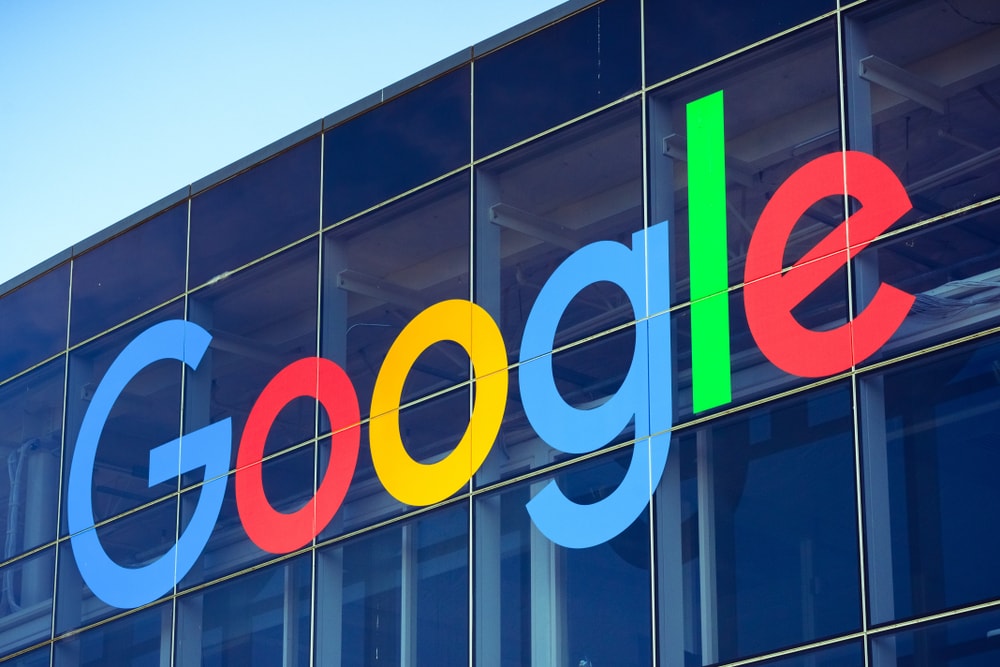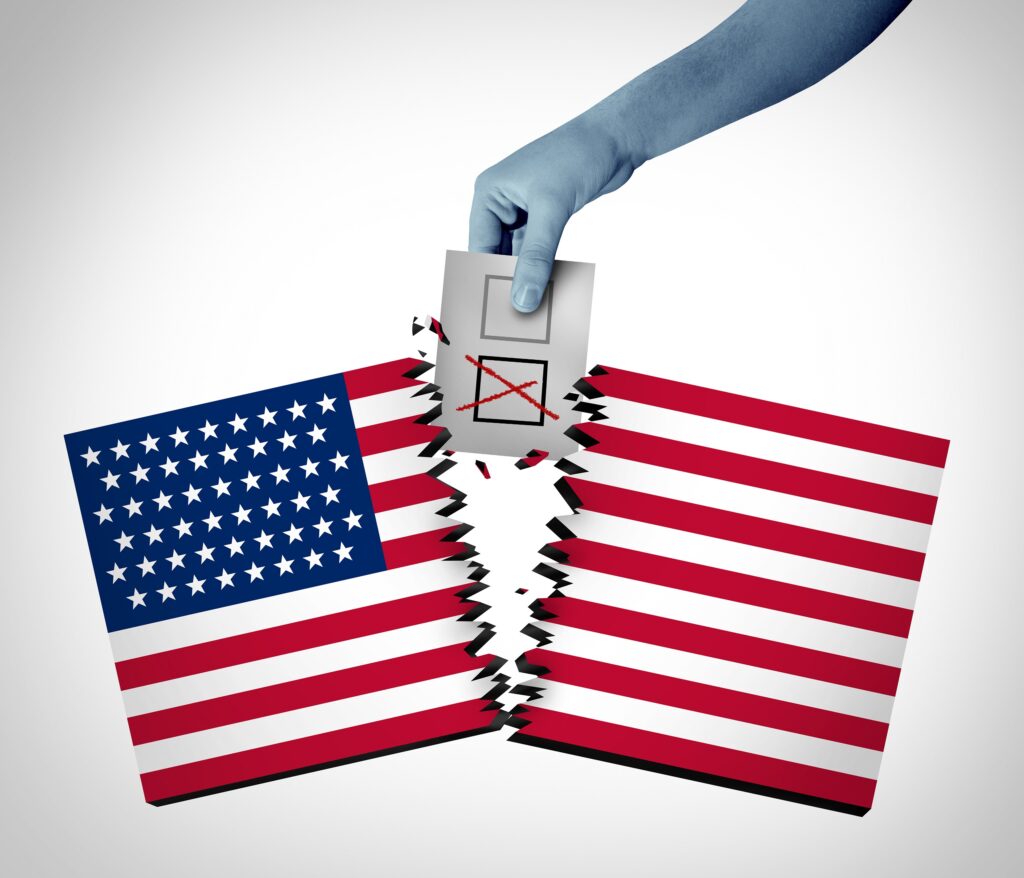R Street joins Wifi Forward coalition to expand Wi-Fi availability
WASHINGTON (Sept. 23, 2015) – The R Street Institute announced today it has joined a host of technology companies and public-policy groups in the Wifi Forward coalition. The coalition aims to preserve, protect and extend existing technical specifications for Wi-Fi use.
In addition, the coalition seeks standards for unlicensed broadband spectrum that will protect and strengthen existing designations, as well as free up new spectrum at all frequencies. The unlicensed spectrum consists of those bands that any operator of wireless devices is free to use. The Consumer Electronics Association estimates the unlicensed spectrum generates $62 billion a year in economic value.
The coalition emphasizes multi-stakeholder development of voluntary standards for existing and future unlicensed uses. Members believe that relying on collaborative, voluntary standard-setting should minimize any need for regulatory intervention by the Federal Communications Commission.
“We’re committed to collaborative, market-oriented policy for Wi-Fi standard-setting and allocation of spectrum for unlicensed use,” said Mike Godwin, R Street’s director of innovation policy and general counsel. “The public is served best when the FCC is least required to intervene in order to set standards.”
“The history of Wi-Fi has taught us that voluntary collaboration among all stakeholders works best to adapt new wireless technologies for an evolving marketplace,” Godwin added.
The coalition also urges policymakers to support and promote investment-friendly, transparent and predictable unlicensed policies that encourage growth and deployment. Nearly every sector of the U.S. economy already depends on available and reliable Wi-Fi to conduct business. Offices all over the country are more efficient because their employees can connect and transmit information untethered to a desktop.
“We’ve all seen how our economy depends more and more on Wi-Fi every year,” Godwin said. “This reliance will only grow in the foreseeable future as more innovations – such as the ride-sharing services offered by companies like Uber and Lyft – create businesses that operate almost entirely through mobile apps on smartphones and other wireless devices.”
More information can be found at the coalition’s website, WiFiForward.org, or by following the hashtag #SaveOurWiFI. Other members of the coalition include public-policy groups such as Public Knowledge and the Open Technology Institute, as well as technology companies like Google, Comcast and Microsoft.







